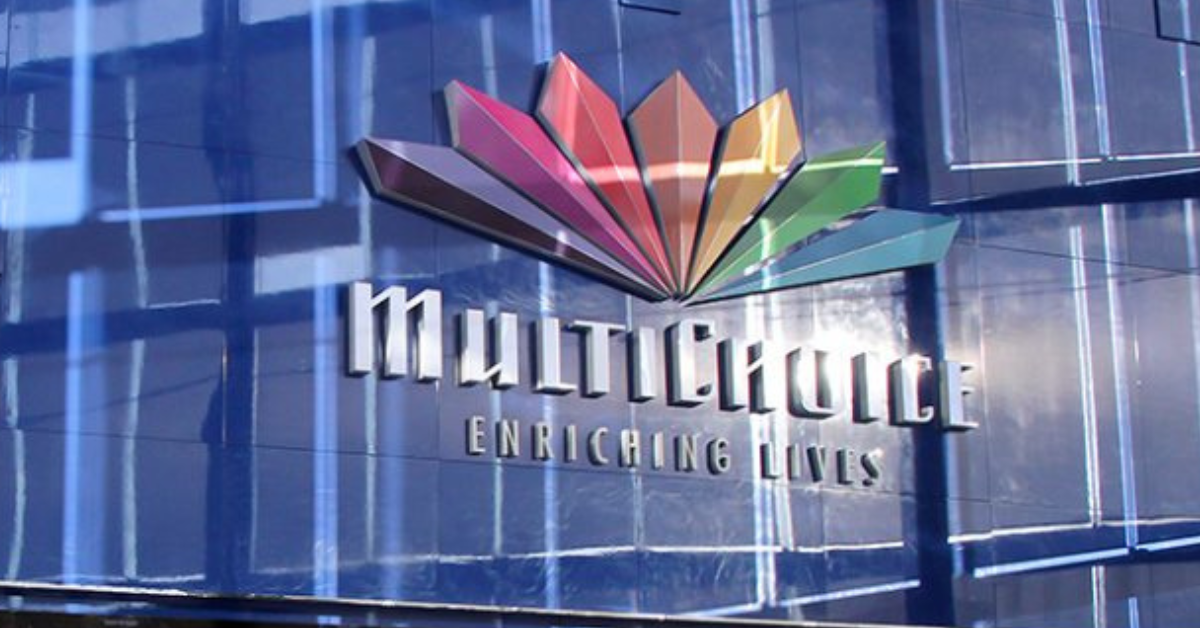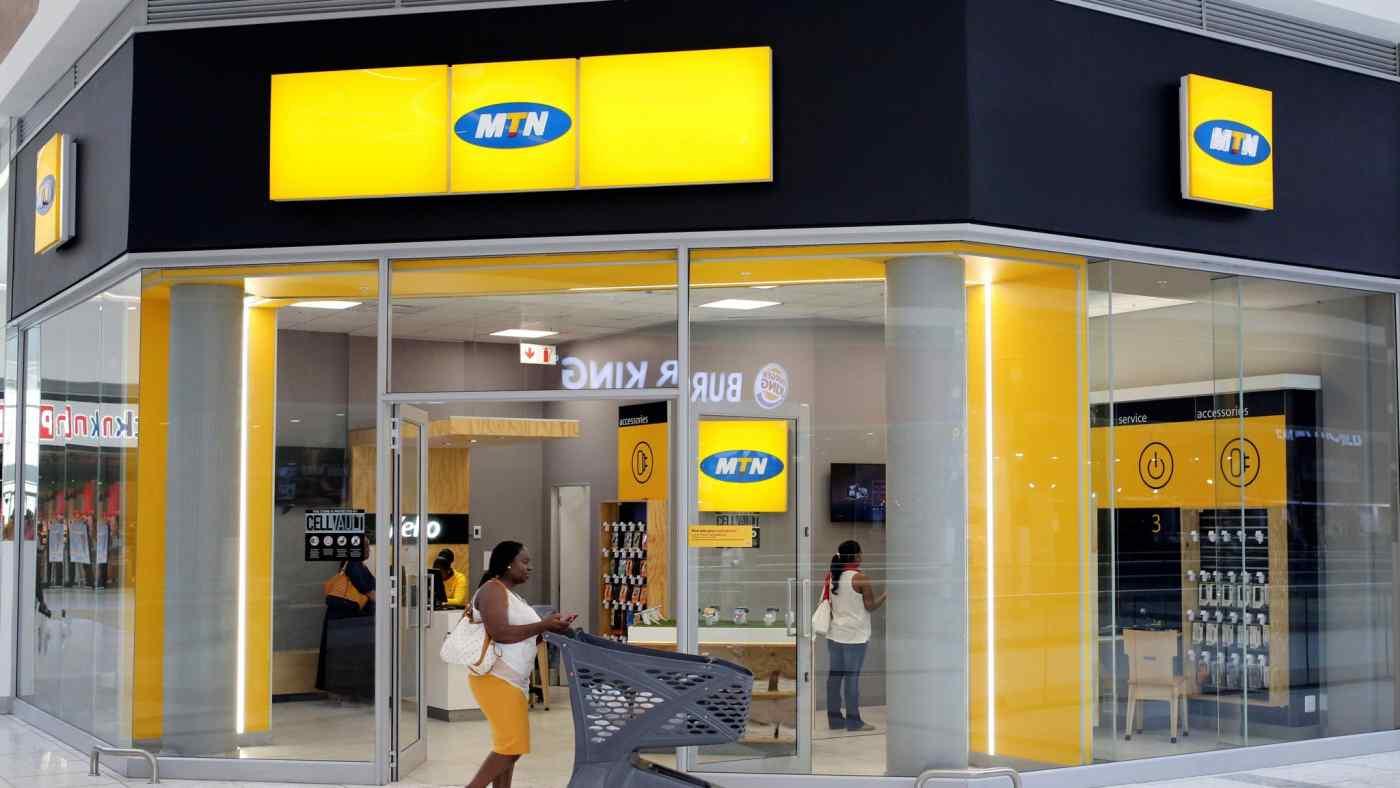- 👨🏿🚀TC Daily
- Posts
- MultiChoice, max exodus
MultiChoice, max exodus
Inside: MoMo flies solo in Uganda.


Happy Democracy Day.️️ 🇳🇬
Have you tried out Open AI’s new reasoning model—03 pro—yet?
Right after Apple’s flashy WWDC AI announcements, OpenAI casually dropped a brand-new model that, unlike your average chatbot, actually thinks through stuff. Step by step.
It’s especially good with tricky tasks—math, physics, code, writing help, education, even businessy things.
If o1-pro was the brainy intern, o3-pro is the PhD-level consultant replacing it.
When you use it, let me know what you think.
Let's get into today's dispatch.
– Faith

Companies
MultiChoice loses 1.2 million subscribers as pressure mounts

MultiChoice, South African pay-TV giant, has reported a tough year with a loss of 1.2 million traditional TV subscribers. Its customer base has dropped to 14.5 million. That is an 8% decline over twelve months.
Revenue also fell 9% to R50.8 billion ($2.9 million). The company posted a headline loss of R800 million ($45 million) after earning a R1.3 billion ($73.3 million) profit the year before. The pay-TV giant will not pay a dividend this year.
Multichoice biggest hits came from currency troubles. Weak African currencies, especially the Naira and Cedi, wiped R5.2 billion ($293.1 million) from the group’s revenue in the reported year. Over the past two years, the company has lost R10.2 billion ($575 million) to currency devaluations across its markets.
Despite the losses, digital services showed strong growth. Showmax saw a 44% jump in subscribers. DStv Internet and DStv Stream also performed well. Cost savings reached R3.7 billion ($209 million) nearly double the previous year, helping the company stabilise its position.
Zoom out: Traditional pay-TV is under pressure. Many viewers are cutting back or switching to cheaper online services. MultiChoice is focusing more on streaming and cutting costs to keep the business afloat. The company is also in the process of being sold to Canal+, which has made a cash offer of R125 ($7.05) per share.
The numbers show a company facing hard choices. MultiChoice is losing ground in its old pay-TV business while trying to grow the new one (its streaming business) fast enough to keep up.
Join Fincra for an Exclusive Networking Mixer at iFX Expo, Cyprus.

Fincra is co-hosting “AI-Powered Fintech and Blockchain” at iFX Expo, Cyprus, with Quidax. Join the brightest minds in fintech and blockchain for insightful panels & networking. Limited spots - RSVP here.
Fintech
MTN Uganda to spin off MoMo as standalone fintech

MTN Uganda will spin off its mobile money service, MTN MoMo, into a standalone fintech company.
Translation: MTN MoMo is moving out of the family compound to build its own complex.
It’s not a small shift. MTN Mobile Money Uganda will be transferred to a new entity owned by the group’s fintech division, MTN Group Fintech Holdings B.V., and a trust acting on behalf of the minority shareholders of MTN. This is still subject to regulatory approval and shareholders’ votes on July 2. However, MTN Uganda will still be listed on the Uganda Securities Exchange.
Why are they doing this? MTN Uganda wants to tap into the fast-growing payments business. The Ugandan mobile money market size was valued at $133.03 billion in 2024 and is estimated to pass $1 trillion by 2033. Plus, MTN wants to separate its high-growth financial services business from its telecom operations, whose market yields less revenue than fintech—just like Airtel Africa plans to list its mobile money unit, Airtel Money in the first half of 2026.
Fintech is now the golden child, and MTN wants to let it fly solo; no more sharing toys with voice and data.
But here’s the real question: with MoMo stepping out on its own, will we see it courting fresh capital or joining the funding round rat race like the rest of the big players, like Wave or Eversend? Or is this just one move in a much longer game plan?
Order physical Paga cards, spend with confidence.

Tired of declined payments? Avoid the side-eyes at the cash till with Paga's physical prepaid card. Designed to give you control, security, and ease. Fund and spend with confidence. Get yours today!.
Telecoms
South Africa’s PIC would have made $34.2 million from keeping its Telkom shares

Yesterday, we covered Silverbacks Holdings and the five-fold investment return the venture capital firm made from OmniRetail. Today, we're covering a story of “what could have been”.
After Telkom, South Africa’s third-largest telecom operator, posted a positive financial result on June 10, its share price took off, rising by 61% to R43.47 ($2.45).
In August 2024, the Public Investment Corporation (PIC) sold around 7.45% of its Telkom stake, cutting its shareholding to 8.44%. The PIC is a state-owned asset manager that invests on behalf of public sector workers and retirees. It made the call to sell after years of weak performance from Telkom, which had lost about 66% of its market value over five years. The company had also struggled with falling margins, rising debt, and declining investor confidence.
At the time of the sale, the disposed shares were worth R983 million ($55.4 million). Since then, their value would have grown to R1.6 billion ($90.2 million), meaning that PIC missed out on a gain of R606 million ($34.2 million) after reducing its stake in Telkom.
Timing is everything. Some investors hit it big because they saw value before the crowd. Others just got lucky. The PIC had held Telkom shares since it was listed on the Johannesburg Stock Exchange (JSE) in 2003, so patience was never the issue here.
Yet, the PIC likely won’t regret its move. Its job is to protect pensions and chase better-performing assets. It will be watching Telkom’s next chapter closely. The government, which still holds 40.5% of Telkom, remains firmly in control. This was just business.
You can now pay with Pocket on Paystack Checkout

Paystack merchants in Nigeria can now accept payments from millions of Pocket users through Paystack Checkout. Find out more here →
Logistics
Special Envoy launches EV-only courier company in South Africa

South Africans, electric vehicles (EVs) will now deliver your packages.
📦Let’s unbox, shall we? Special Envoy, a freight management specialist for over 40 years, has launched Xpress, a courier service that uses only EVs to make deliveries. Using a fleet of BYD Dolphins, a Chinese battery electric hatchback, Xpress delivers parcels across Gauteng and surrounding areas, offering next-day delivery for $5.59 if booked before 10 am.
The BYD Dolphin cars used by Xpress are customised; they remove the back seats to make more room for packages. The company is making negotiations to roll out this service in Durban, Cape Town and Nelspruit.
South Africa’s EV space is also gaining traction, driven by a combination of customer preferences, market trends, including the installation of charging stations, and macroeconomic factors, including the government’s ambition to reduce greenhouse gas emissions and transition to a low-carbon economy. The EV market is expected to significantly grow revenue, with projections reaching $94.4 million in 2025 and $140.0 million by 2029.
Zoom out: As more African businesses explore smarter logistics channels, Xpress' EV courier service could be a preview of Africa’s delivery future. With the right infrastructure and policy support, EV-powered dispatch may be the beginning of a broader logistics revolution on the continent. If it works in Gauteng, who says it can’t work in Ghana, Kenya, or Lagos next?
CRYPTO TRACKER
The World Wide Web3
Source:

Coin Name | Current Value | Day | Month |
|---|---|---|---|
| $107,683 | - 1.67% | + 5.26% | |
| $2,761 | - 1.15% | + 12.97% | |
| $0.1255 | - 7.38% | - 17.18% | |
| $159.53 | - 3.22% | - 5.85% |
* Data as of 06.45 AM WAT, June 12, 2025.
Events
- The Lagos Chamber of Commerce and Industry (LCCI) will host the 11th ICTEL Expo on July 29–30, 2025, at the Lagos Oriental Hotel. Focused on the theme “Leveraging Technology for Innovation and Development in Africa,” the event brings together top policymakers, tech leaders, startups, and investors to explore digital transformation across fintech, e-commerce, identity, and inclusion. With high-profile speakers, innovation challenges, and networking opportunities, ICTEL Expo 2025 sets the stage for Africa’s digital future—and the upcoming Global ICTEL Expo 2026. Register here.


Written by: Opeyemi Kareem and Emmanuel Nwosu
Edited by: Faith Omoniyi
Want more of TechCabal?
Sign up for our insightful newsletters on the business and economy of tech in Africa.
- The Next Wave: futuristic analysis of the business of tech in Africa.
- TC Scoops: breaking news from TechCabal
P:S If you’re often missing TC Daily in your inbox, check your Promotions folder and move any edition of TC Daily from “Promotions” to your “Main” or “Primary” folder and TC Daily will always come to you.

How did you find today's edition of #TCDaily? |


